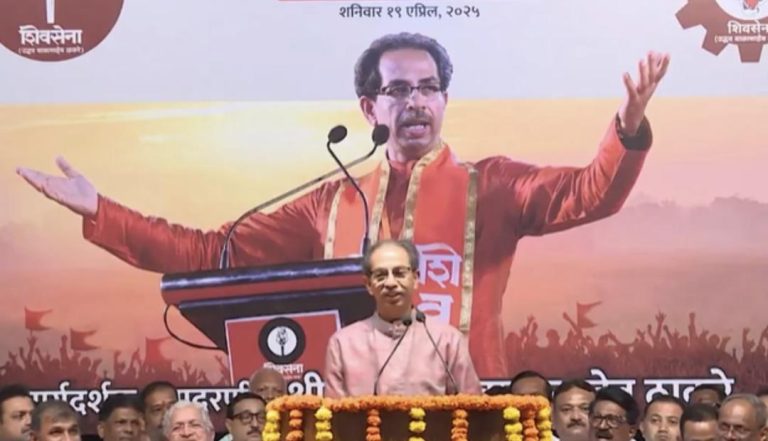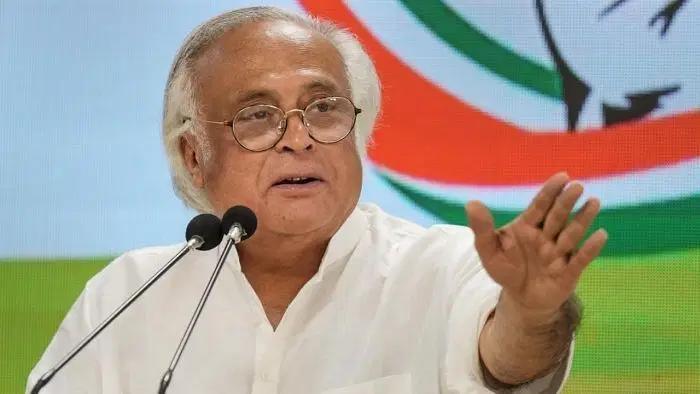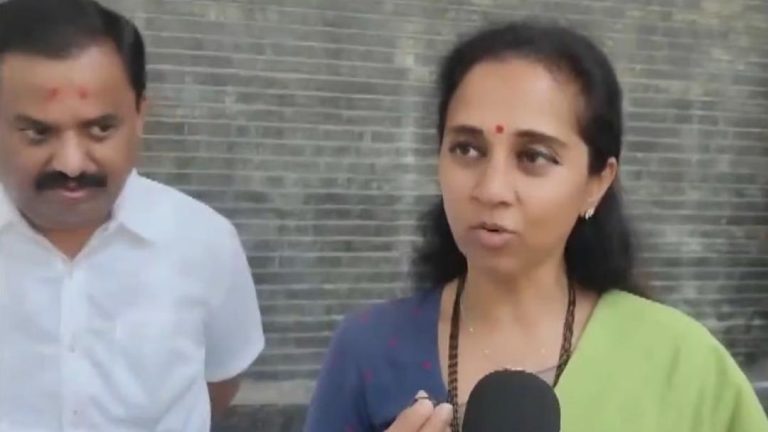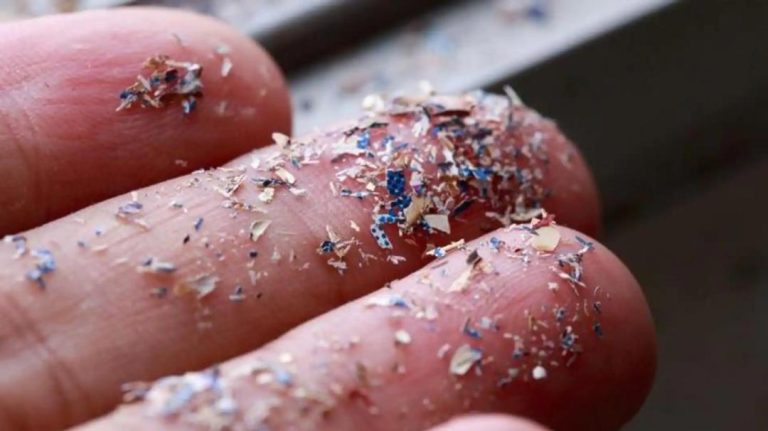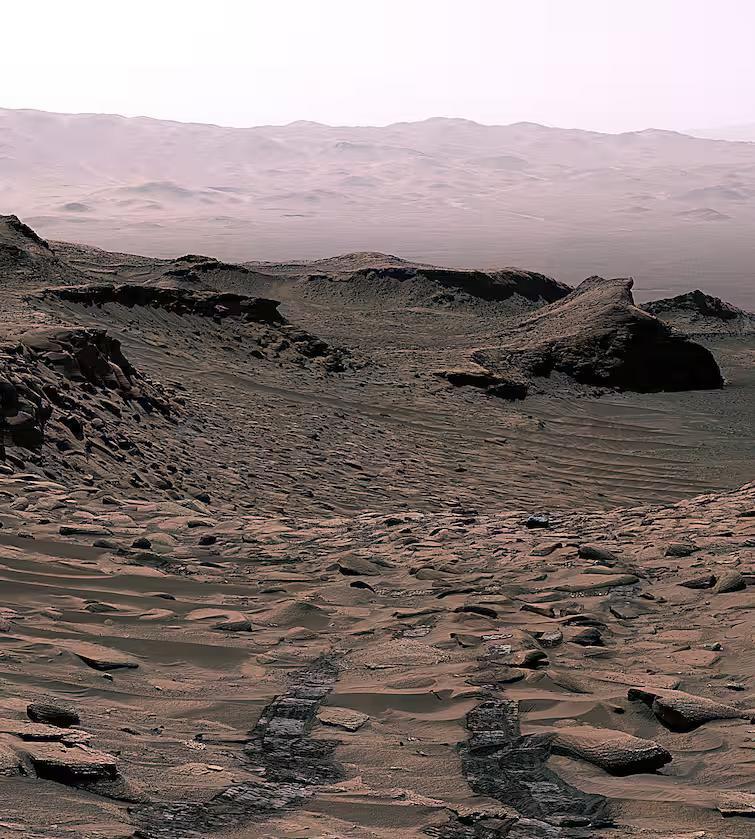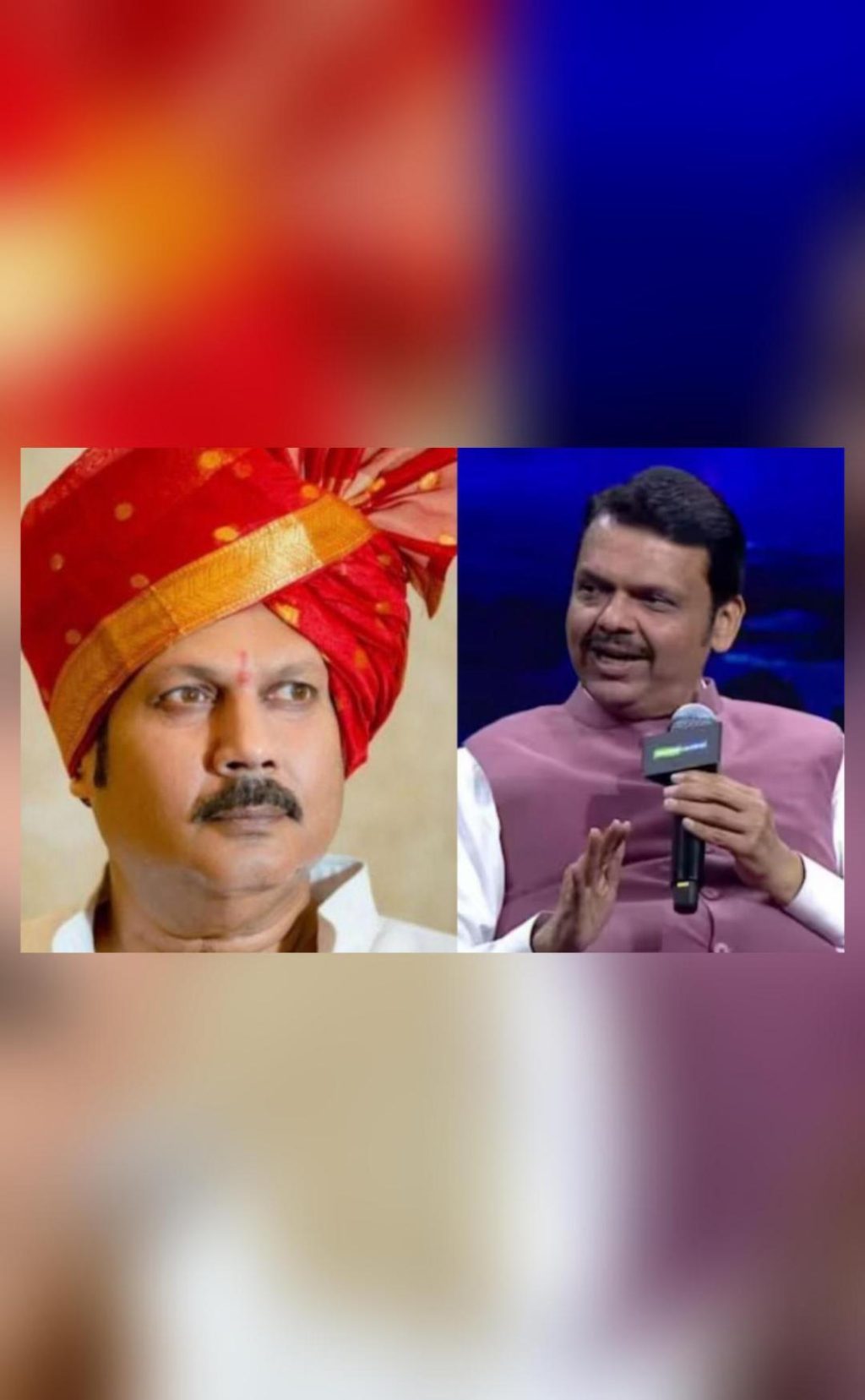
Destroy Aurangzeb’s grave, says Chhatrapati Shivaji’s heir; Maharashtra CM reacts
A controversy has erupted in Maharashtra after Satara BJP MP Udayanraje Bhosale, a descendant of Maratha king Chhatrapati Shivaji Maharaj, called for the demolition of Mughal ruler Aurangzeb’s tomb in the state. Bhosale, who is also a member of the royal family of Satara, made the demand while addressing a gathering in Satara recently.
“We believe Aurangzeb’s grave should be removed,” said Bhosale, echoing the sentiments of his ancestor, Chhatrapati Shivaji Maharaj, who had a long-standing feud with Aurangzeb. “Bring in a JCB machine and raze the tomb. Aurangzeb was a thief and a lootera (robber),” Bhosale added.
Bhosale’s demand has sparked a heated debate, with many questioning the legality and morality of destroying a historical monument. However, Bhosale’s views have found support from some quarters, including the Chief Minister of Maharashtra, Devendra Fadnavis.
“We need to do something by law. The tomb of Aurangzeb is a reminder of the atrocities committed by him against the Marathas,” Fadnavis said, adding that the government would look into the matter.
The controversy surrounding Aurangzeb’s tomb is not new. The Mughal ruler is infamous for his brutal suppression of the Maratha kingdom and his role in the destruction of numerous Hindu temples. Aurangzeb’s tomb is located in the Khuldabad village of Aurangabad district, and is considered a symbol of Mughal architecture.
However, Bhosale and his supporters argue that the tomb is a reminder of Aurangzeb’s oppressive rule and the suffering he inflicted on the Marathas. “We have been asking for the removal of the tomb for a long time, but no one has taken us seriously,” Bhosale said.
The demand for the demolition of Aurangzeb’s tomb has also been supported by some Hindu groups, who view it as a way to erase the legacy of the Mughal ruler. “Aurangzeb was a brutal ruler who destroyed our temples and forced us to convert to Islam. His tomb is a symbol of his tyranny and it should be removed,” said a spokesperson for the Hindu Janjagran Samiti, a right-wing Hindu group.
However, not everyone agrees with Bhosale’s demand. Historians and archaeologists have warned that destroying Aurangzeb’s tomb would be a violation of India’s cultural heritage and could have serious consequences for the country’s historical legacy.
“Aurangzeb’s tomb is an important historical monument that provides insights into the Mughal era,” said historian Dr. Sabyasachi Bhattacharya. “Destroying it would be a loss for the country and would not resolve any historical grievances.”
The controversy surrounding Aurangzeb’s tomb highlights the ongoing tensions between India’s Hindu and Muslim communities. While some Hindus view Aurangzeb as a symbol of Muslim oppression, many Muslims see him as a great ruler who built many temples and mosques during his reign.
In recent years, there have been several incidents of violence and vandalism at historical monuments and religious sites in India, often sparked by disputes over the legacy of Mughal and British rulers. The controversy surrounding Aurangzeb’s tomb is just the latest example of these tensions.
As the debate over Aurangzeb’s tomb continues, it remains to be seen whether Bhosale’s demand will be met with action. While Fadnavis has expressed support for the removal of the tomb, it is unclear whether the government will take concrete steps to do so.
For now, the controversy surrounding Aurangzeb’s tomb remains a symbol of the ongoing tensions between India’s Hindu and Muslim communities. As Bhosale and his supporters continue to demand the destruction of the tomb, it is clear that the issue will not be resolved anytime soon.
